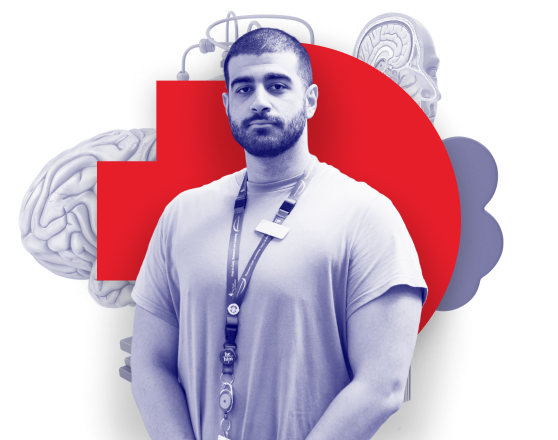Please note that entry to this program is competitive and meeting the minimum academic entry requirements does not guarantee an offer.
Applicants who meet the minimum academic entry requirements will be ranked based on the % they achieved over the approved APAC sequence specified for their program.
Offers will be issued to the top ranked applicants down until all places are full.
Note that at least 70% of offers are made to graduates of the following RMIT programs. Up to 30% of offers are made to external applicants. This means that entry for non-RMIT graduates is extremely competitive.
- BP154 Bachelor of Psychology
- BP295 Bachelor of Criminology and Psychology
- BP112 Bachelor of Social Science (Psychology)
- BH106 Bachelor of Social Work (Honours)/Bachelor of Social Science (Psychology)
- GD214 Graduate Diploma in Psychology
5 places are guaranteed to Aboriginal and Torres Strait Islander applicants who meet the entry requirements and provide evidence of their Indigenous eligibility. If there are more than 5 eligible applicants, offers will be issued to the top ranked applicants down. If these 5 places cannot be filled, they will be awarded to other applicants as per the above methodology.
Your offer letter may list conditions that you will need to meet by a specified deadline. Please read the conditions listed on your offer letter carefully.
You will also be required to accept your offer and enrol in courses by a specified deadline. If you do not accept your offer and enrol by this date, your offer will lapse, and the place will be offered to the next ranked applicant. Please ensure you check your emails for additional information carefully.
